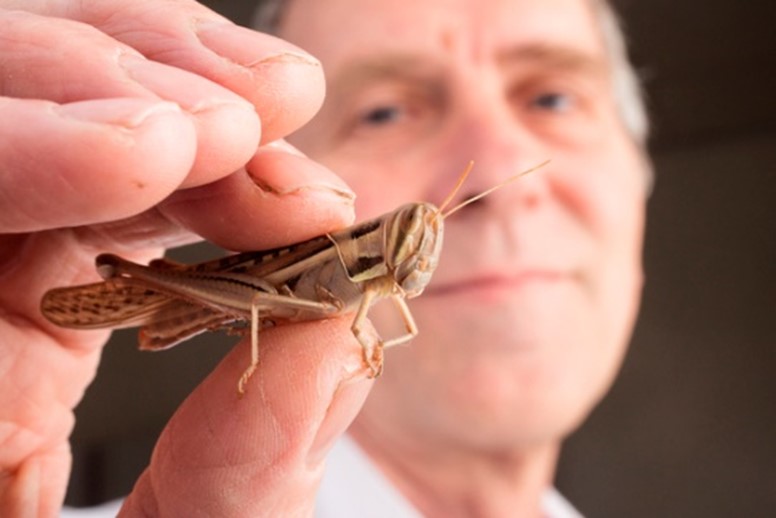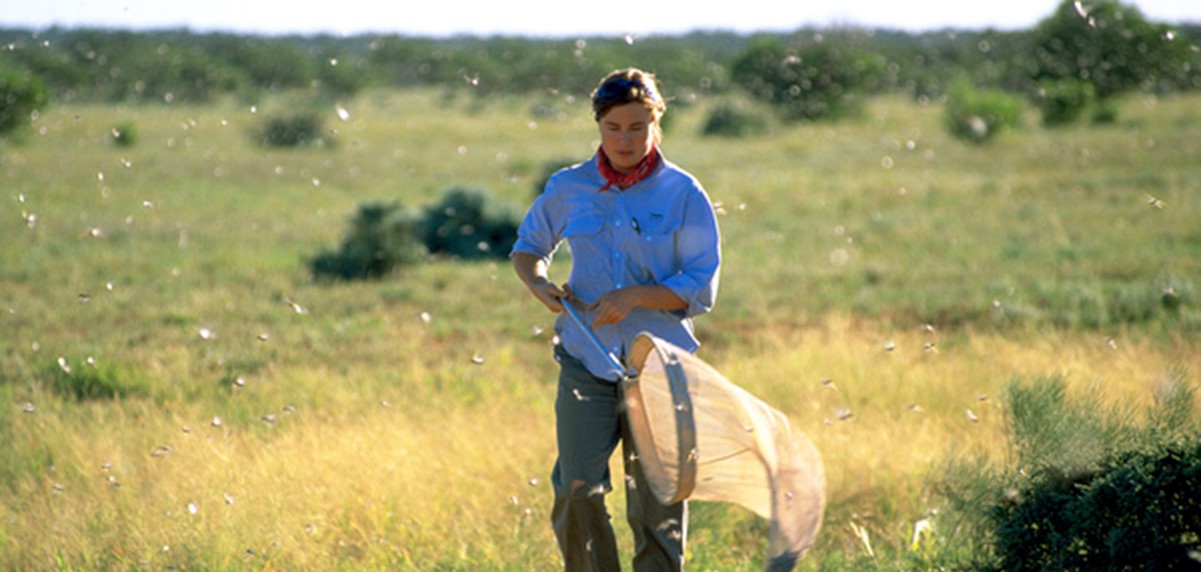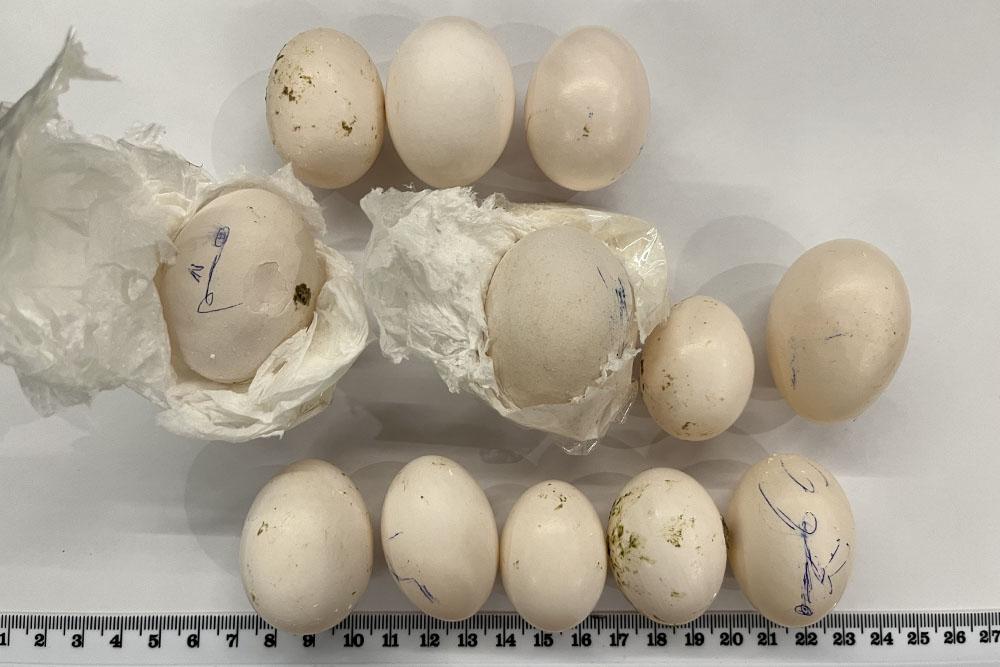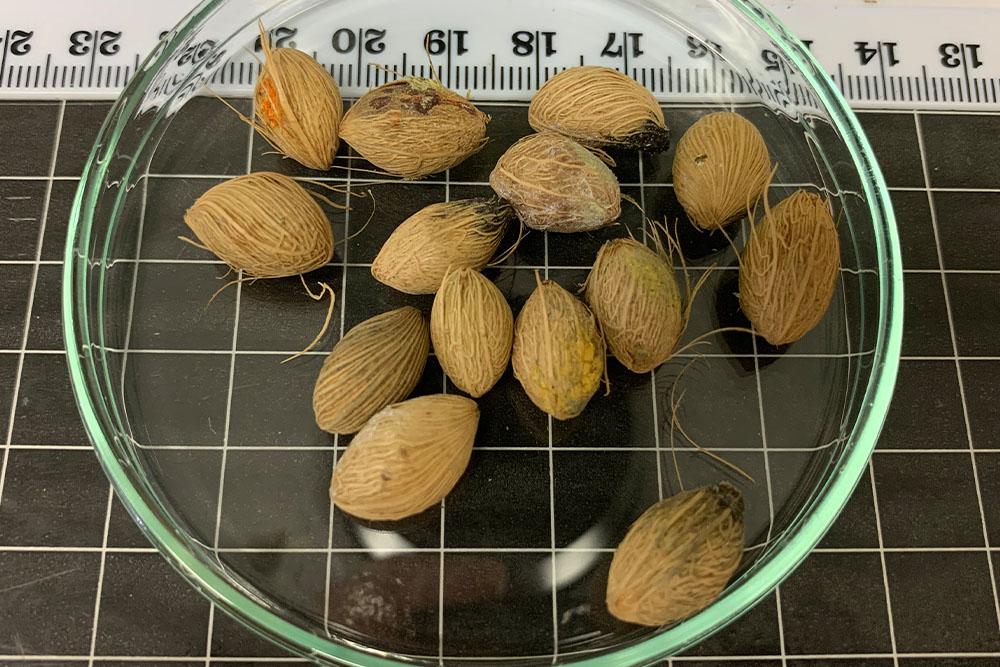The Australian plague locust is a persistent seasonal pest affecting Australia’s agricultural industries. Locust numbers can build very rapidly under favourable conditions, and adult swarms can move up to 600km in one night. In high density outbreaks, locusts can cause severe damage to pasture and crops across multiple states.
Australia has had 8 major devastating plagues since record-keeping began in the 1930’s. To ensure potential outbreaks are identified and managed before significant damage to our farmlands and bushlands can occur, in 1974 the Commonwealth, and the states of New South Wales, Victoria, Queensland, and South Australia joined forces to establish the Australian Plague Locust Commission (APLC).
Now celebrating 50 years since it was established, the APLC continues to deliver a national approach to locust control. The APLC relies on insect monitoring radar, light traps, out-posted field surveillance officers, and reports from the public to monitor and manage locust outbreaks posing credible threats.
The APLC is also investigating new and better ways of doing things to be ready to face tomorrow’s challenges. Through the governments’ partnerships with Australia’s major research organisations, the APLC is investing a slate of forward-thinking projects which include;
- investigating the impact of a range of pathogens and their possible suppression of population growth - partner: CSIRO
- the use of Bureau of Meteorology radar to detect locust migration - partner: CSIRO
- improvements to modelling locust populations - partner: the Centre of Excellence for Biosecurity Risk Analysis
- mapping the Australian Plague Locust genome – partner: Queensland University of Technology and the department’s Plant Innovation Centre at Post Entry Quarantine
- the use of artificial intelligence to analyse the behavioural impacts of pesticides on small mammals – partner: Macquarie University
- using drones and remote sensing for locust surveillance and control (proposed) – partner: ARC Training Centre in Plant Biosecurity.
The APLC also collaborates with agricultural chemical companies in the search to find alternative pesticides including biopesticides. On an international level the ALPC works with the Food and Agriculture Organization of the United Nations’ Desert Locust Program and the Global Locust Initiative to share research and practical knowledge in monitoring and controlling locust populations.
While locusts remain a persistent threat, the APLC and their partner states are well prepared to protect Australia’s agricultural industries. To read the latest Locust Bulletin go to:
www.agriculture.gov.au/biosecurity-trade/pests-diseases-weeds/locusts/bulletins





